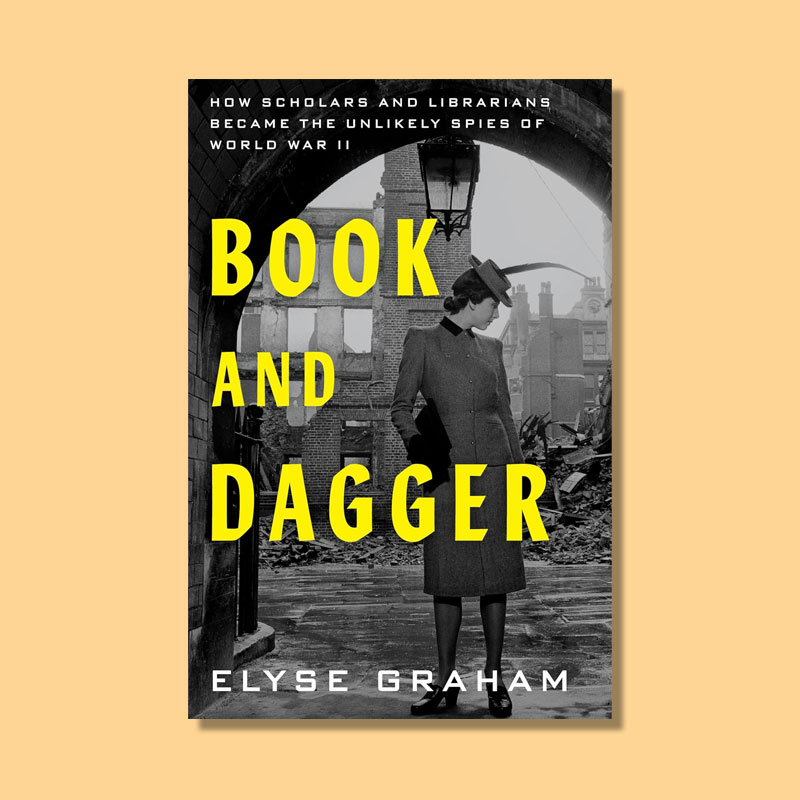What does "et cetera" mean? | | Do you know what you mean when you throw "etc." onto the end of a sentence? It's a Latin abbreviation with more meaning than you might be aware of. | |  | Bennett Kleinman |
|
| |  | | F or those of us who like to gloss over details sometimes, nothing will ever beat Elaine Benes' patented phrase "yada yada yada," but "et cetera" is a close second. From Latin, "et cetera" means "and the other things, the rest," and it's often used at the end of lists to imply there are more entries than those explicitly enumerated. But rather than wrap this edition up quickly by closing with "et cetera" now, let's take a closer look at the phrase's origins and meaning.
Though we most often see them together in English, both et and cetera are Latin words on their own. Et means "and," while cetera is the plural form of ceterus, meaning "the other… which remains." Today, you're likely to see the English term written as two words, (incorrectly) as a single "etcetera," or as an abbreviated "etc."
The abbreviation of "etc." is so common today that someone is likely to understand its usage even without knowing the full phrase, but there is an earlier abbreviation that has fallen out of use. Going back to the 15th century, there are writings that use the abbreviation "&c." (The first symbol is the ampersand, which means "and.") This particular usage was extended to formal letter writing, as it was common to use "&c." later in the letter to replace the title of the person to whom the letter was addressed. Though far less common today, there's evidence of people writing "&c." as late as the 1970s.
You may also come across the Latin abbreviation et al., short for et alii (masculine), et aliae (feminine), or et alia (neuter), but this isn't a substitution for "et cetera." The Latin phrase translates to "and others." Despite similarities to "et cetera," et al. is mainly used as a substitute for multiple names strictly in a bibliographical context. You're likely to see et al. in written works with many citations. We hope that helps you sort through your Latin phrases, abbreviations, lists, etc. |
| | Continue reading | |  |
| |
| | Thanks for supporting our sponsors! They help keep Word Smarts free for everyone. | |
Emoji Decoded | |  | | I Love You Hand Sign | | | Meaning: Represents the American Sign Language (ASL) sign for "I love you," combining the finger-spelling letters "I," "L," and "Y."
Evolution: While texting and emojis are already a valuable accessibility tool for people with hearing disabilities, the addition of the 🤟in 2017 offered a meaningful alternative to the traditional ❤️.
Usage: [Text to family member:] Goodnight mom 🤟great to see you today |
|
 | | I Love You Hand Sign | | | Meaning: Represents the American Sign Language (ASL) sign for "I love you," combining the finger-spelling letters "I," "L," and "Y."
Evolution: While texting and emojis are already a valuable accessibility tool for people with hearing disabilities, the addition of the 🤟in 2017 offered a meaningful alternative to the traditional ❤️.
Usage: [Text to family member:] Goodnight mom 🤟great to see you today |
|
| |
Have you read? | |  | | Book and Dagger | | By Elyse Graham | | As the United States entered World War II, it had virtually no intelligence service, and this book details how the Office of Strategic Services (which became the CIA) pulled from the ranks of academia to create a network of unmatched spies. Yes, they learned spycraft, but they were recruited for their skills in research, investigation, and finding answers in impossible circumstances. As a line in the introduction reads: "The war may have been fought on battlefields, but it was won in libraries." This book would be an excellent gift for anyone interested in WWII history or intelligence work. | | | | Jennifer A. Freeman, Word Smarts Senior Editor | | | | We independently evaluate all recommended products and services. If you click on links we provide, we may receive compensation. |
|
 | | Book and Dagger | | By Elyse Graham | | As the United States entered World War II, it had virtually no intelligence service, and this book details how the Office of Strategic Services (which became the CIA) pulled from the ranks of academia to create a network of unmatched spies. Yes, they learned spycraft, but they were recruited for their skills in research, investigation, and finding answers in impossible circumstances. As a line in the introduction reads: "The war may have been fought on battlefields, but it was won in libraries." This book would be an excellent gift for anyone interested in WWII history or intelligence work. | | | | Jennifer A. Freeman, Word Smarts Senior Editor | | | | We independently evaluate all recommended products and services. If you click on links we provide, we may receive compensation. |
|
| |
|

No comments:
Post a Comment